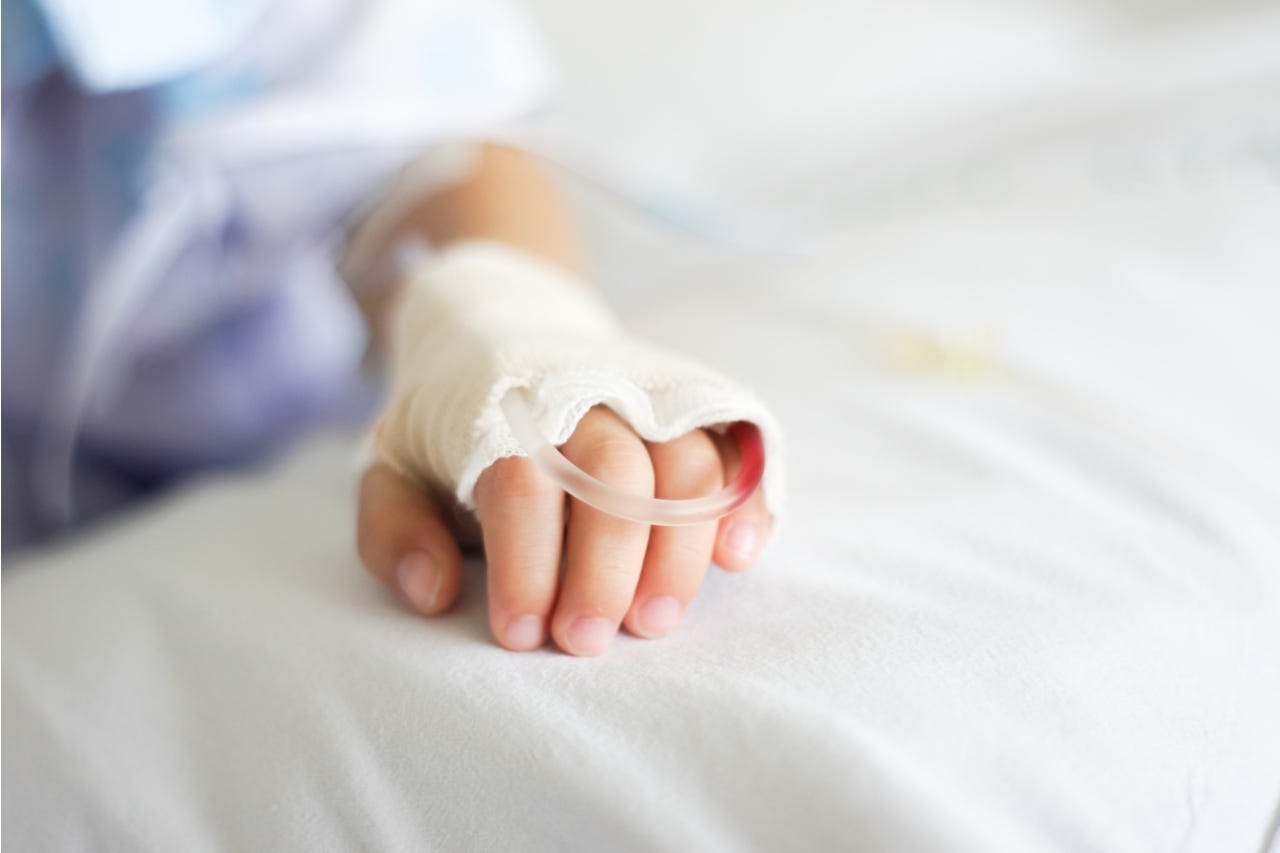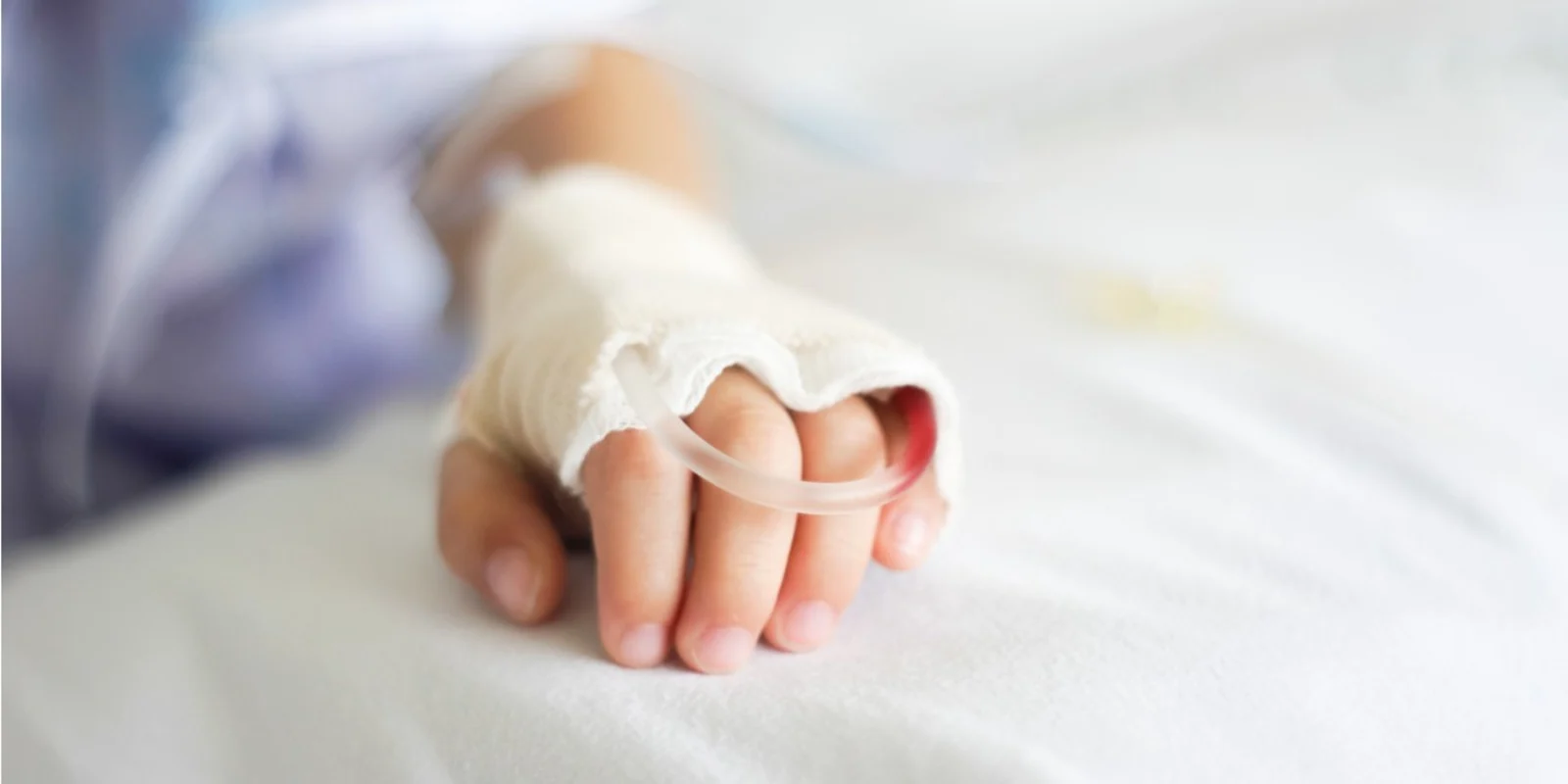
When I talk to Mateo (name changed), I find myself directing my gaze at my hands. They furiously shuffle the deck of cards we pass between us. For all the flurry of movement, I cannot convey the thick, viscous feeling caught in my chest. Pass one two three four. One two three four. I count out my breaths with the cards. I finally reply. “I can understand not wanting to die. You have a lot of potential life ahead of you.”
He is a child, and he is my first patient as a third-year medical student. Having finished one round of chemotherapy, he has learned his cancer has relapsed and that he is to spend the summer in the hospital.
We pass the days on my service like this — a deck of cards between us, heads down, our eyes directed at our hands as we discuss life and death and all the potential for loss ahead of us. He often wears no shirt or gown. Sometimes I examine the bruises on his skin or the thickness of his hair, all the markers of his illness. Other times, I look at his soft, rounded shoulders, the chubbiness of his belly, and his smooth brown skin. At times, it all seems so ordinary.
I am reminded of my younger brother and turn to him for advice on how to engage with Mateo. I probe for information on video games, books, movies — anything to make me an expert in the language of kids his age. I am desperate to connect with Mateo, eager to bring some joy to his monotonous days.
One day, I miss one of our afternoons playing cards. I am certain Mateo won’t even notice. In the morning, his mother speaks to me in Spanish. I turn to Mateo. “She says you didn’t come yesterday.” I apologize profusely. She speaks again. “She says I missed you,” he translates, blushing and looking away this time. I feel my breath catch, and I stammer my apology again. It feels inadequate, inexcusable.
She changes the subject, gesturing out the window. “There are hearses under my window. She says it’s a bad sign. She wants to know if there is another room, away from the death.”
I peek from the window where Mateo’s mom is perched. I recognize the black shape of the vehicle. I apologize again, feeling its failure to encompass my twisted sense of responsibility and helplessness.
Every evening, I pull myself away from our game, uneasy. I almost always win and this, too, feels like an omen. I know it would be wrong to let him win, unforgivable in fact. I still consider it.
I love him. His shy smile. The few words that betray his maturity and wisdom. I want for all the things he hopes for in this life.
He says he wants to be a doctor one day, like me. Our eyes finally lock just long enough for me to recognize the tinge of hope, fear and exhaustion lurking beneath the surface. I cry that night. I have done so little, and my ignorance feels so apparent to me. I know enough to understand the medicine, but not enough to predict the future.
I imagine that the deck of cards in my hand is a tarot deck. The numbers add up to outcomes. There are infinite possibilities laid out before us, a trajectory of life and death in the face of great illness.
The cards are coupled with the hearses outside, the number of bruises, the negative pressure room, and my hands. Shuffle, count, pass, collect.
I replay every possibility with the movement of my hands, and again in my head before I sleep. Still, I cannot reconcile how a little boy deserves this existence.
Weeks later, I am on service in a different part of the hospital. I hear word of him, here and there — fungemia, ICU, declining — and I feel ashamed that my fear has kept me from visiting.
These days I hear he is in remission. Part of me wants to wish him well; part of me fears that doing so will offset the balance of the universe, that a moment out of place could unravel the fragility of his existence. I believe medicine is a tenuous equilibrium of science and circumstance. Each morning, I send my best energy into the universe in the hope it will reach him.






